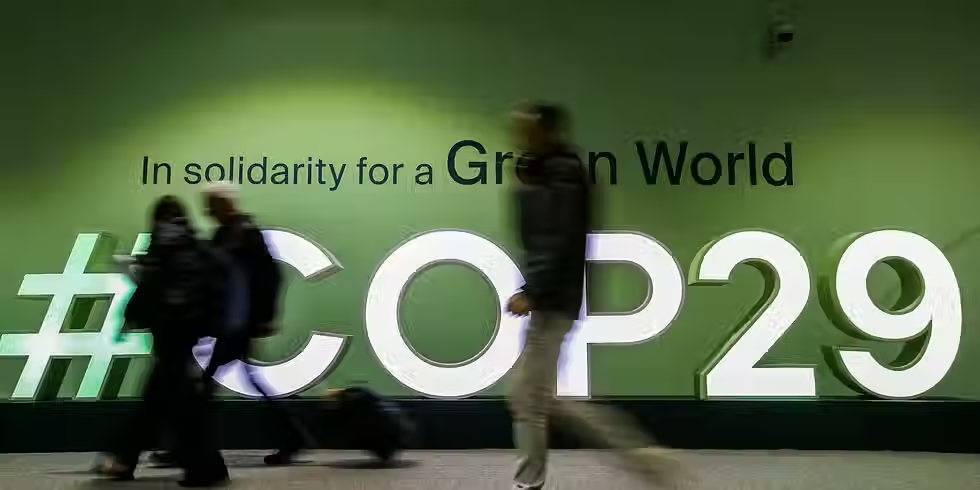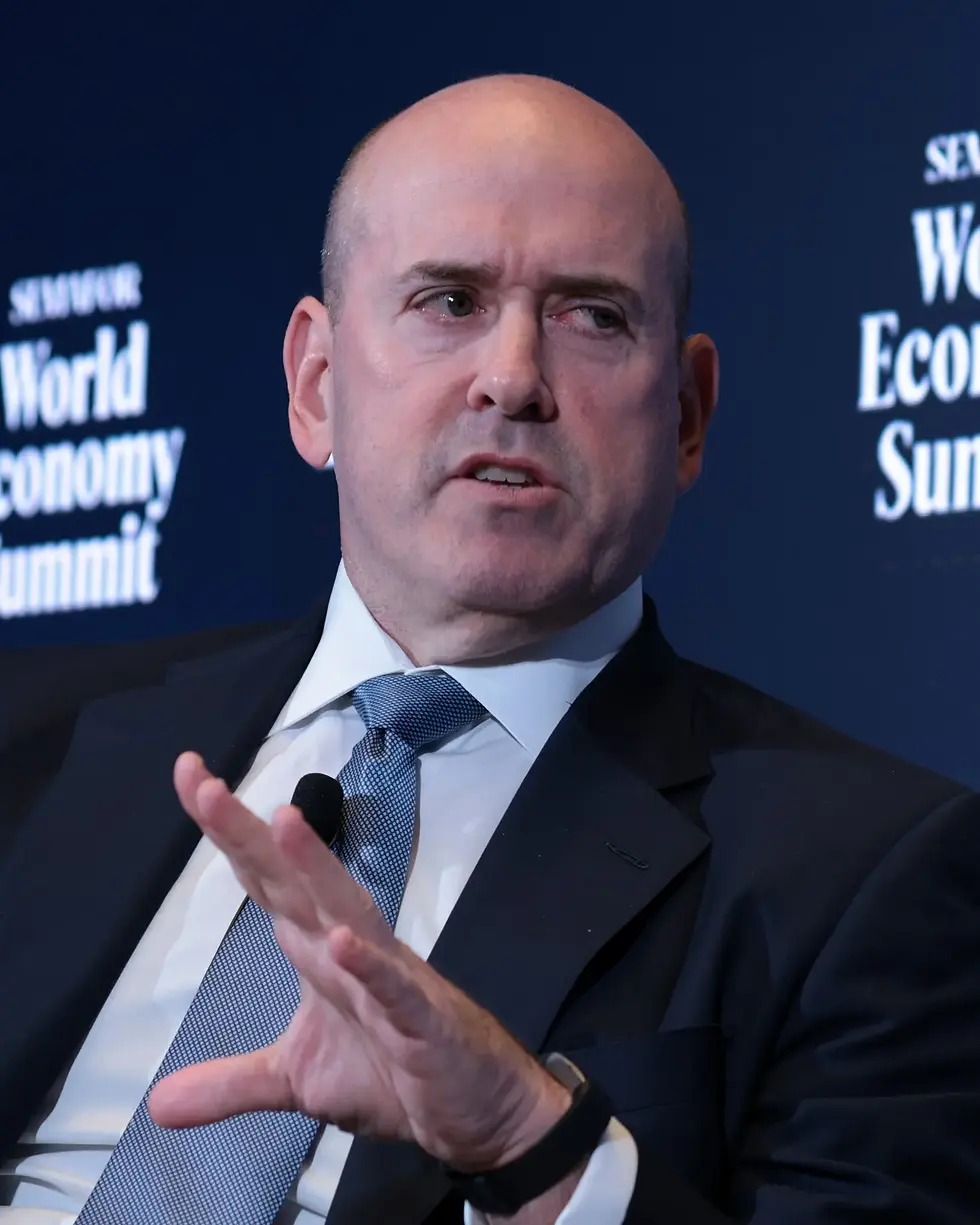U.N. Negotiators Take Key Step to Global Carbon Deal. Nine years after the Paris Agreement, countries are finally agreeing on international trading rules for credits.
- Serena Valentino
- Nov 20, 2024
- 3 min read
By Yusuf Khan | Nov. 12, 2024 11:03 am ET|WSJ Pro

BAKU, Azerbaijan—Global carbon markets gained a win Monday, after negotiators at COP29 ratified a key framework for the trading of U.N.-backed carbon credits between countries, potentially unlocking billions of dollars of climate finance.
World leaders, gathered in Baku, Azerbaijan, for the U.N. climate conference, passed a long-anticipated agreement on international carbon trading Monday. However, some participants expressed concerns it was rushed through to give the summit a powerful opening.
The ruling, which refers to article 6.4 of the Paris Agreement, establishes a U.N. backed standard-setting body to assess carbon-credit programs and how they can be used.
“This is a critical step towards concluding Article 6 negotiations,” said Yalchin Rafiyev, lead negotiator at COP29. “This will be a game-changing tool to direct resources to the developing world and help us save up to $250 billion a year when implementing our climate plans.”
Established during the 2015 COP held in the French capital, Article 6 of the Paris Agreement allows for carbon credits—each equivalent to a ton of carbon being removed from the atmosphere—to be traded between countries.
However, negotiations related to the resolution have gone on for almost a decade, with disputes over quality and regulation stalling the talks. This year’s COP host, Azerbaijan, made passing Article 6 in its entirety one of the key targets for the event. Talks are still to come on how countries can trade the carbon credits between each other, and eventually be part of their nationally determined contributions to reduce emissions.
If Article 6 passes in its entirety, billions of dollars are set to be pumped into carbon markets, especially in developing countries where many carbon-credit programs are based.
“When operational, these carbon markets will help countries implement their climate plans faster and cheaper, driving down emissions,” said Simon Stiell, executive secretary of the United Nations Framework Convention on Climate Change. “We are a long way from halving emissions this decade, but wins on carbon markets here at COP29 will help us get back in that race.”
“The decisions on Article 6.4 are significant as they signal a commitment to move forward and get capital moving. Details still need to be worked out, but it indicates a pragmatic approach and learning by doing rather than circular theoretical discussions,” said Guy Turner, head of carbon markets for stock-index compiler MSCI.
Concerns were raised during the negotiations in Baku that the process had been rushed. The South Pacific island state of Tuvalu said a precedent had been set for pushing through rulings at the very start of conferences, bypassing the negotiating table.
“Gaveling through the Supervisory Body’s recommendations for the 6.4 market mechanism, after a questionable procedural move in the Supervisory Body and after similar proposals had previously been rejected by governments in previous years, is an appalling opening to COP 29,” said Kelly Stone, CLARA Network Coordinator and Senior Policy Analyst at ActionAid USA.
Stone said removals that can be credited under Article 6.4 are too broadly defined. “This creates profound risks of harm to communities and that the mechanism will be filled with junk credits that do not fulfill their climate promises,” Stone added.
Write to Yusuf Khan at yusuf.khan@wsj.com Click here for original article.
Copyright ©2024 Dow Jones & Company, Inc. All Rights Reserved.




Comments